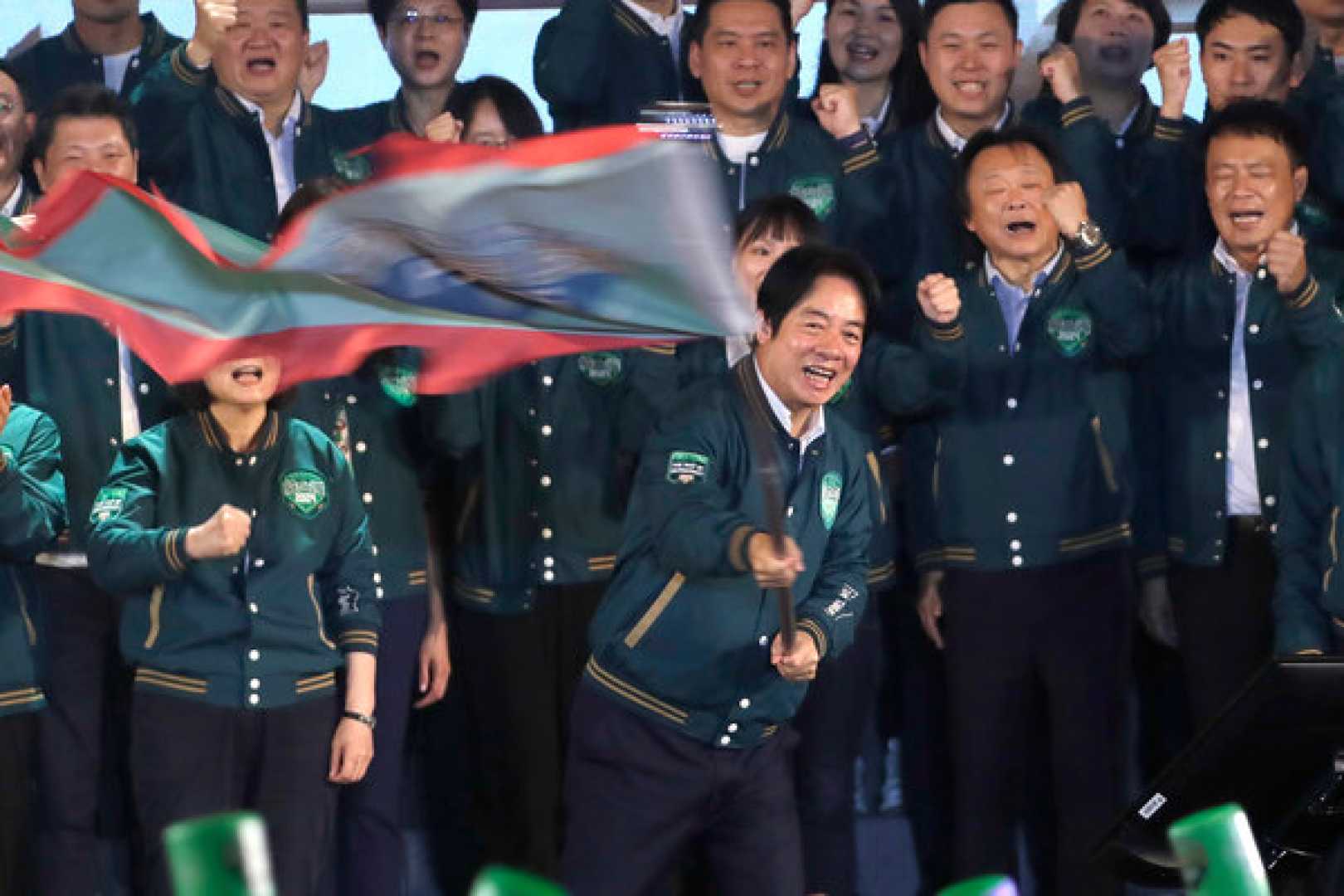Politics
Taiwan President Delays U.S. Trip Amid Trade Tensions with China

WASHINGTON/TAIPEI, July 28 (Reuters) – Taiwan‘s President Lai Ching-te has decided to delay a diplomatic trip to the United States originally planned for August. This trip was intended to include stops in the U.S. and visits to Central American countries, according to sources familiar with the matter.
The trip was expected to upset Beijing, especially as U.S. President Trump is in the midst of negotiating a key trade deal with China. China claims Taiwan as its territory, a point that Taiwan strongly disputes, and it frequently criticizes U.S. support for Taiwan.
Initially, Lai had planned to stop in cities like New York and Dallas during his travel to and from Latin America, which could have included visits to Guatemala, Belize, and Paraguay. However, several factors have contributed to the delay of this trip until later this year.
One reason for the postponement is the need for Taiwan’s government to organize its response to recent disasters on the island. Additionally, ongoing trade talks between the U.S. and China have prompted caution. Top economic officials from both nations recently met in Stockholm, which raised concerns about timing.
While U.S. and Chinese officials did not provide immediate comments, Taiwan’s Presidential Office indicated that Lai’s travel itinerary would be made public once finalized. Spokesperson Karen Kuo stated that given the recent recovery efforts from a typhoon in Taiwan, the president does not intend to travel overseas in the near future.
A person close to Lai suggested that while the trip is delayed, arrangements for a future visit to the U.S. will be forthcoming later. Kuo confirmed that an announcement regarding Lai’s overseas plans would be made at the appropriate time.
Since Trump took office in January, Lai has not yet visited the U.S. Although he made brief stops in Hawaii and Guam during a previous Pacific trip, this upcoming trip was seen as more significant due to its potential impact on U.S.-China relations.
The U.S. recognizes Taiwan as an important ally and is legally obligated to provide Taiwan with the means to defend itself, despite diplomatic ties being unofficial. History has shown that China is particularly sensitive to high-level interactions between the U.S. and Taiwan, often reacting strongly to perceived endorsements of Taiwanese independence.
In conclusion, Lai’s delayed trip reflects the delicate balance in Taiwan’s interactions with both the U.S. and China, especially as all parties navigate through sensitive trade negotiations and regional tensions.












